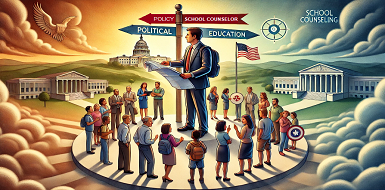Susan Rardon
Rose, Ph.D.
Continuing Strategies for School Counselors to Address Peer Pressure
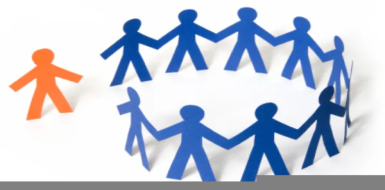
Peer pressure is easily defined. It is that compelling influence to act or look like those of our same rank, value, age, etc. So, by definition, peer pressure is not bad. We are sometimes influenced in a good way by those around us. Yet, it becomes negative when we feel the pressure to act as we know we shouldn’t or against our own value system in the presence of our friends so that we will be accepted. This is a very good argument for helping steer our students in our role as School Counselors (and parents) toward more positive peer groups. No, we cannot choose their friends for them, but we can place them in positive places where they are more likely to make positive choices in peers or friends.
But, for now, we need to know what to do when they do fall prey to negative peer pressure. What prompts this pressure? It is that little voice in our head asking us “very important” questions: What will people say? Will they approve? Will they laugh?, etc. It seems that such concerns influence our actions – especially our public conduct – more than anything else.
Social pressure is a powerful force for all of us, but especially in the adolescent years. And, as we are talking about adolescence, this becomes quite meaningful. Social or peer pressure works by appealing to our desire not to be insulted, embarrassed, ridiculed, shamed, criticized, and so on. The question of right and wrong is changed into a question of acceptable and unacceptable. There is hardly a problem that attracts adolescents – drugs, violence, sexuality, etc. – that does not have peer pressure as its primary cause. Countless lives have been turned upside down or totally destroyed by it.
But, is teen peer pressure an anomaly in an otherwise healthy society? Obviously not. It attracts our attention because of the scale of destruction it causes.
As a professional educator, I have found two factors vital to the successful maturation of a child – the home environment and the quality of education. It has been my observation that children with unstable home environments and failed learning skills readily fall prey to the taunts and pressures that peers can inflict. Conversely, children with a sound family life and effective study skills have the inner strength on which to build a future of their choosing and the ability to strive for and achieve their goals.
We have examples of this all around us, but some choose to ignore them because it forces an acceptance of responsibility for the children. The shootings and violence at school have all been traced back to one factor – the “shooters” felt that they did not belong or were not accepted and loved. Maslow proved long ago that it is a basic human need to belong. Hence, we can say with reasonable surety that the absence of parent support causes children to feel this loss in tremendous proportion and act out in negative ways.
We have all heard the phrase, “The rich get richer.” While I do not believe this to be particularly true when it comes to money (Anybody can work hard and prosper), I do agree with it in terms of love and belonging. If we have a plentiful amount of love in our upbringing, then we get the sense that we can do anything! That is the wealth of kings – the gift of affection, commitment, and attachment. When that need of belonging is met, then one can move on to meet the other needs of education and societal success.
This is where our role is most important. I always said of my counseling role that I don’t do discipline, and I don’t do homework. I just get to be the lady down the hall that loves them. We need to stand in the gap for those students who don’t have strong parents. While I believe that every parent does their best, some just do not have the wherewithal or are carrying too much baggage to provide the strong support that promotes student achievement. That’s where we come in. We can be that one positive role model that makes a difference.
I am a school counselor turned counselor educator, professor, and author helping educators and parents to build social, emotional, and academic growth in ALL kids! The school counseling blog delivers both advocacy as well as strategies to help you deliver your best school counseling program.

I'm a mother, grandmother, professor, author, and wife (I'll always be his). Until October 20, 2020, I lived with my husband, Robert (Bob) Rose, in Louisville, Ky. On that awful day of October 20,2020, my life profoundly changed, when this amazing man went on to Heaven. After Bob moved to Heaven, I embraced my love of writing as an outlet for grief. Hence, the Grief Blog is my attempt to share what I learned as a Counselor in education with what I am learning through this experience of walking this earth without him. My mission is to help those in grief move forward to see joy beyond this most painful time.

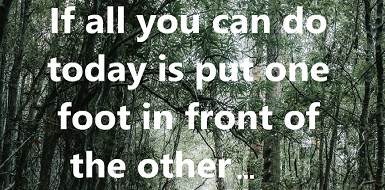

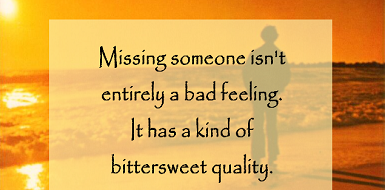
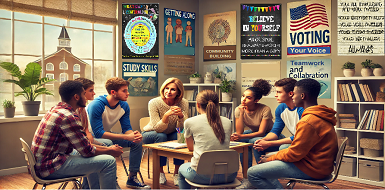
Useful Links



